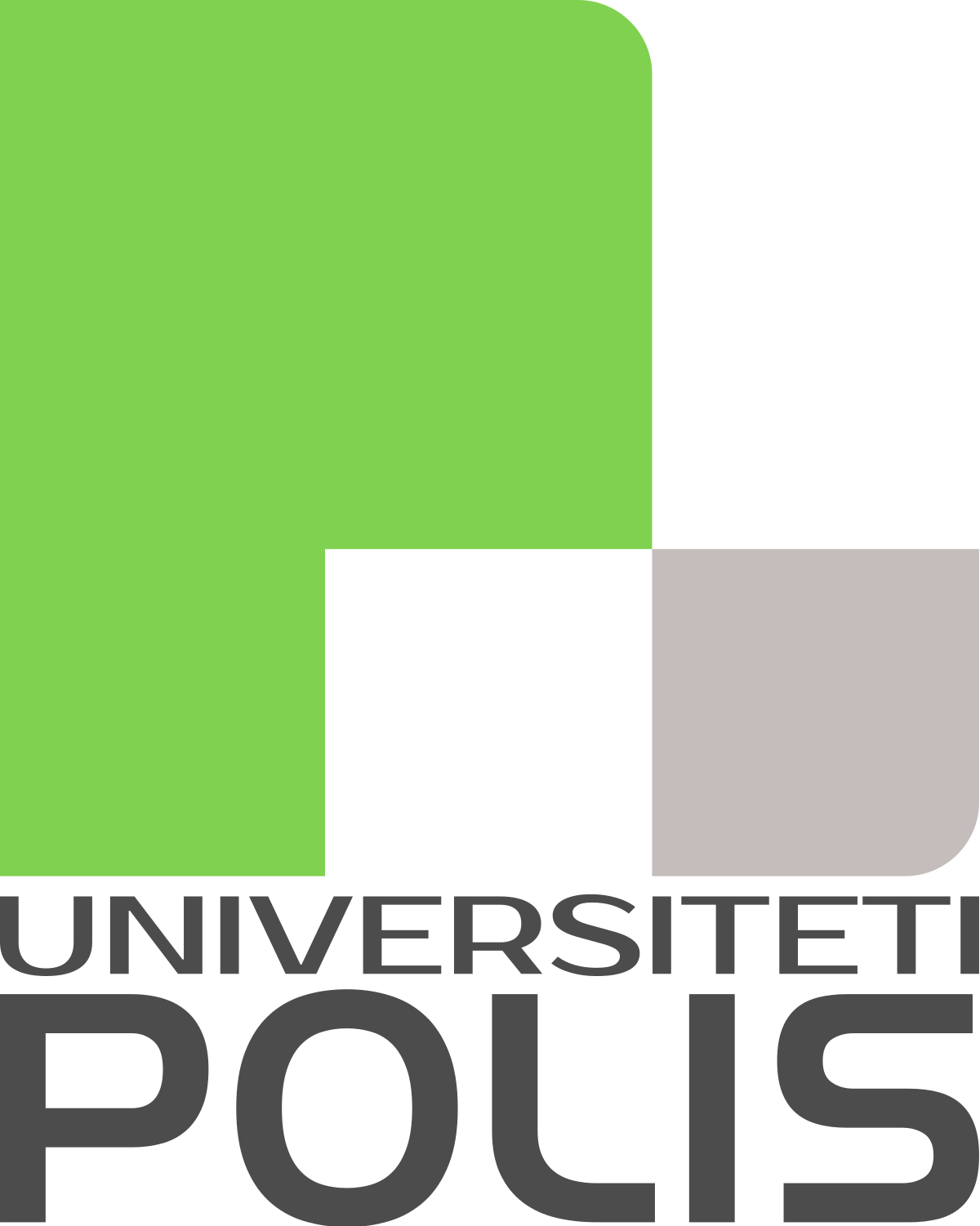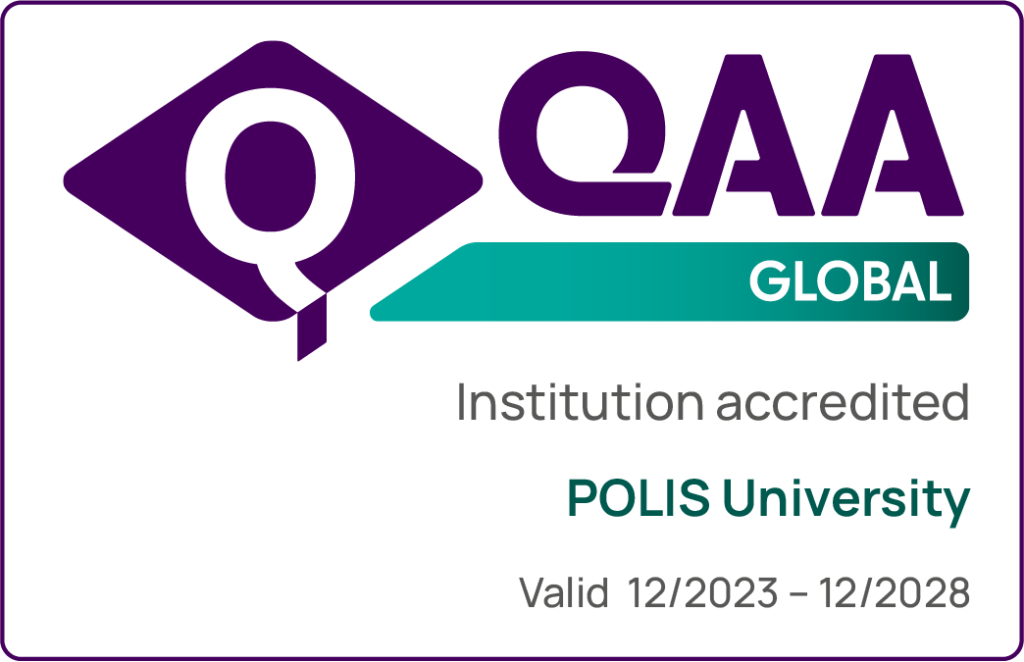Software Engineering & AI
2025-07-07 10:02Software Engineering & AI
Bachelor in Software Engineering & AI (180 ECTC, 3 academic years, full-time, in english)
Professional profile
The aim of the Bachelor Program in Software Engineering and Artificial Intelligence is to prepare professionals capable of designing, developing, and implementing advanced software systems and AI-based solutions. The program seeks to build a strong foundation in software engineering, intelligent algorithms, and machine learning, in order to meet the growing needs of the technology and innovation sectors. Students are trained to contribute to solving real-world problems across various fields by combining technical expertise with professional ethics and social awareness.
Formative objectives of the study program:
The Bachelor’s program in Computer Science prepares students to achieve the following career and professional achievements within a few years of graduation, preparing them to be able to:
➢ carry out a successful career in the disciplines of computer science and / or pursue postgraduate studies in this field;
➢ improve their knowledge and skills through lifelong learning and adaptation to emerging markets and technologies;
➢ take leadership positions in order to improve services in this field and also initiate businesses that offer innovative solutions;
➢ to act conscientiously about the potentials and responsibilities of the IT profession in the context of science, technology, society and humanity;
Employment opportunities
The widespread use of AI and the development of software applications across all sectors of the economy and society provide a broad range of employment opportunities for graduates. These include:
➢ Software engineer for integrated systems or cloud-based applications;
➢ AI developer and machine learning systems programmer;
➢ Data engineer and business intelligence analyst;
➢ Big Data processing specialist;
➢ Designer and developer of AI systems for sectors such as healthcare, finance, urban development, and industrial automation;
➢ Technical consultant or analyst in digitalization and innovation projects;
➢ Expert in human-computer interaction (HCI);
➢ Specialist in AI ethics and regulatory frameworks;
➢ System administrator or architect in complex IT environments;
➢ Developer of mobile and web applications with AI components;
➢ Tech entrepreneur in the field of intelligent software solutions.
CURRICULUM
Semester I
- Mathematics for computer science 1 (6 credits)
- Physics (6 credits)
- Introduction to computer science and programming (6 credits)
- Digital logic and computer architecture (6 credits)
- Professional communication in tech (3 credits)
- English (3 credits)
Semester II
- Mathematics for computer science 2 (6 credits)
- Linear algebra (6 credits)
- Probability and Statistics for AI (6 credits)
- Fundamentals of software engineering (6 credits)
- Database Systems (6 credits)
Semester III
- Discrete mathematics (6 credits)
- Object-oriented programming and data structures (6 credits)
- Introduction to artificial intelligence & ethics in tech (6 credits)
- Web development basics (6 credits)
- Data Science and Visualization (6 credits)
Semester IV
- Advanced data structures and algorithmics (6 credits)
- Machine learning fundamentals (6 credits)
- Cloud computing essentials (6 credits)
- Software analysis and design (6 credits)
- Operating systems (6 credits)
Semester V
- Technical elective 1 (6 credits)
- Computer Networks (6 credits)
- Cybersecurity fundamentals (6 credits)
- Software testing and quality assurance (6 credits)
- Advanced programming (6 credits)
Semester VI
- Software project management (6 credits)
- Entrepreneurship and business (6 credits)
- Technical elective 2 (6 credits)
- Professional Internship (6 credits)
- Diploma Thesis (6 credits)



